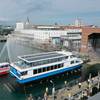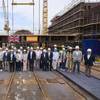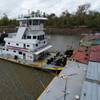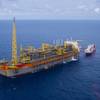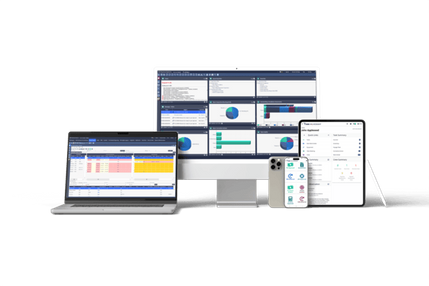General Dynamics NASSCO Launches USNS Alan Shepard (T-AKE 3)
A native of Derry, N.H., Alan Shepard (1923-1998) joined the Navy in 1944. He was selected as one of the original seven Mercury astronauts in 1959. He made two space flights, including the third successful lunar landing. He retired from NASA and the Navy as a rear admiral in 1974. He spent his post- NASA career in business and for several years ran the Mercury Seven Foundation, a non-profit organization now called the Astronaut Scholarship Foundation, which provides college science scholarships. USNS Alan Shepard is the third ship of an expected class of 11 dry cargo- ammunition ships for the Navy. NASSCO has contracts to build eight T-AKE ships. The first ship of the class, USNS Lewis and Clark, was delivered to the Navy on June 20. The T-AKE class incorporates international marine technologies and commercial ship-design features, including an integrated electric-drive propulsion system, to minimize operating costs over its projected 40-year service life.
Construction of USNS Alan Shepard began in September of 2005. The ship is scheduled to be delivered to the Navy's Military Sealift Command in the summer of 2007. When it joins the fleet, the ship's primary mission will be to deliver food, ammunition, fuel and other provisions to combat ships at sea. The ship has modular cargo holding and handling systems onboard and can carry more than 6,600 tons of dry cargo and nearly 23,500 barrels of fuel.



